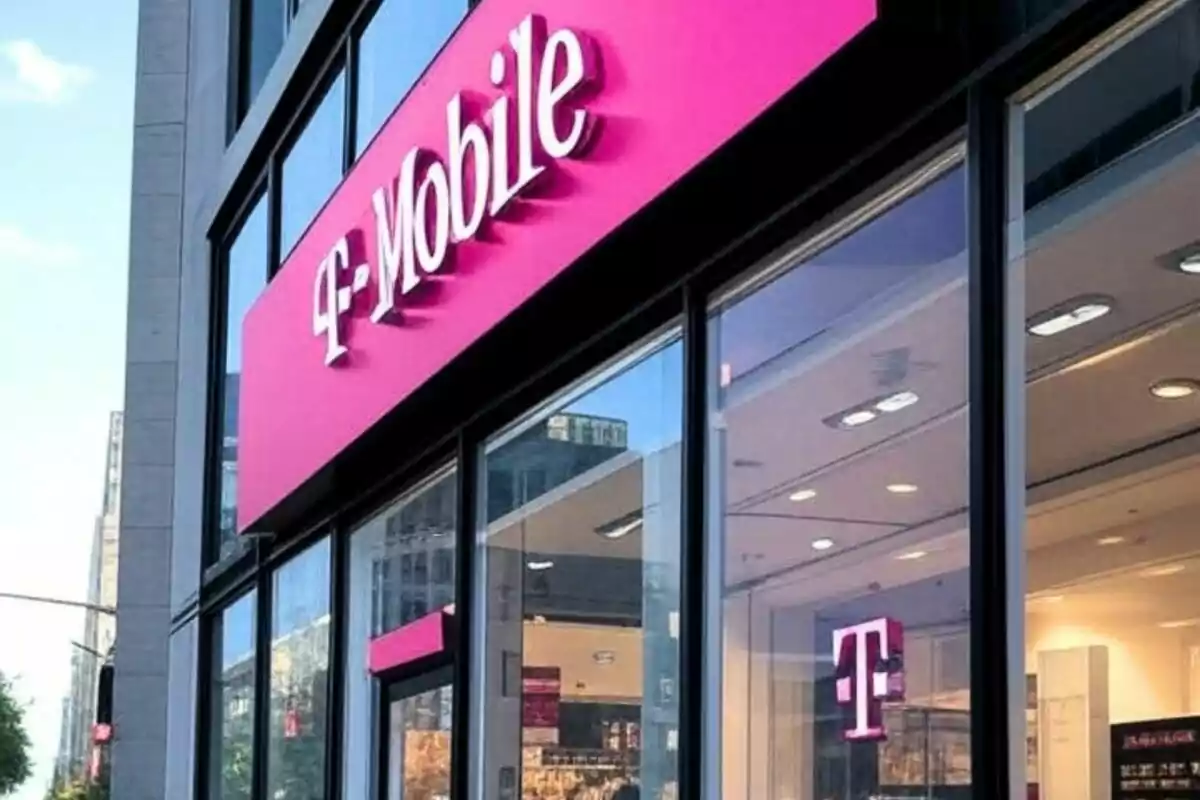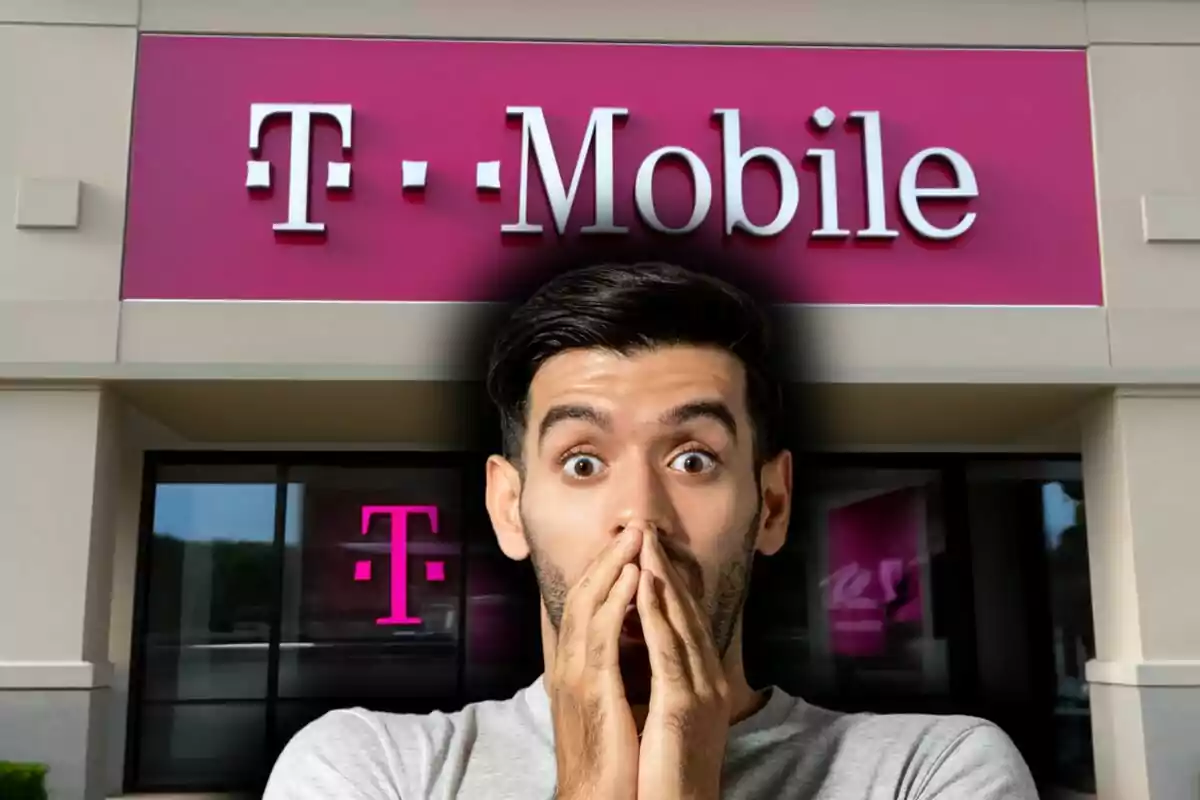T-Mobile is experiencing a decisive moment; the company is not only changing its executive team, but also redefining its direction. The expansion of 5G and the arrival of new services are forcing the brand to adapt. It's a risky leap, but a necessary one.
Executive restructuring: goodbye to familiar faces
One of the most impactful moves has been the departure of Callie Field, president of the business group for twenty years. Although she will remain as a strategic advisor until 2026, her visible role within the company is ending. It's a symbolic change: T-Mobile is leaving part of its past behind to look toward the future.
John Saw is taking over as president of technology, replacing Ulf Ewaldsson, who was key in the implementation of 5G after the merger with Sprint. Saw arrives with experience in emerging technologies and with the mission to keep T-Mobile's network as the best in the country.

Additionally, André Almeida will lead growth and emerging businesses, covering everything from broadband to financial services and government contracts. The company makes it clear that it seeks to expand beyond traditional mobile telephony.
Leadership in motion
Mike Sievert remains as CEO, but the rumors about Srini Gopalan, chief operating officer, are getting stronger. He could soon take over as general manager; these changes are not internal conflicts, but strategic adjustments. T-Mobile wants to establish itself as a top-level operator and strengthen its fiber optic business; to achieve this, it needs renewal, even if it means letting go of historic figures.
The goal is clear: to keep the leadership and prepare for an increasingly competitive market. The company is seeking a team capable of facing the technological and commercial challenges of the coming years.
What it means for customers
The users? For now, T-Mobile assures that 5G coverage will be strengthened and prices will remain competitive. However, the bet on a top-level model could bring changes in rates in the near future.

The company has been recognized as the best mobile network in the country by Ookla this year. Keeping that title will require ongoing investment and a clear strategy, especially with competition increasing and services diversifying.
Global strategy and future vision
Behind these moves is Deutsche Telekom, the German parent company. Its goal is to ensure that T-Mobile not only continues to lead in the United States, but also explores new business niches and diversifies its revenue.
T-Mobile is betting on an ambitious future: faster networks, new services, and a presence in emerging areas. A move that could change the company and how millions use technology every day.
The risk is high, but so is the reward; T-Mobile is making strategic decisions to keep at the forefront. The market is evolving and the company can't fall behind. This leap could define the new era of T-Mobile and forever change how we interact with mobile connectivity.

